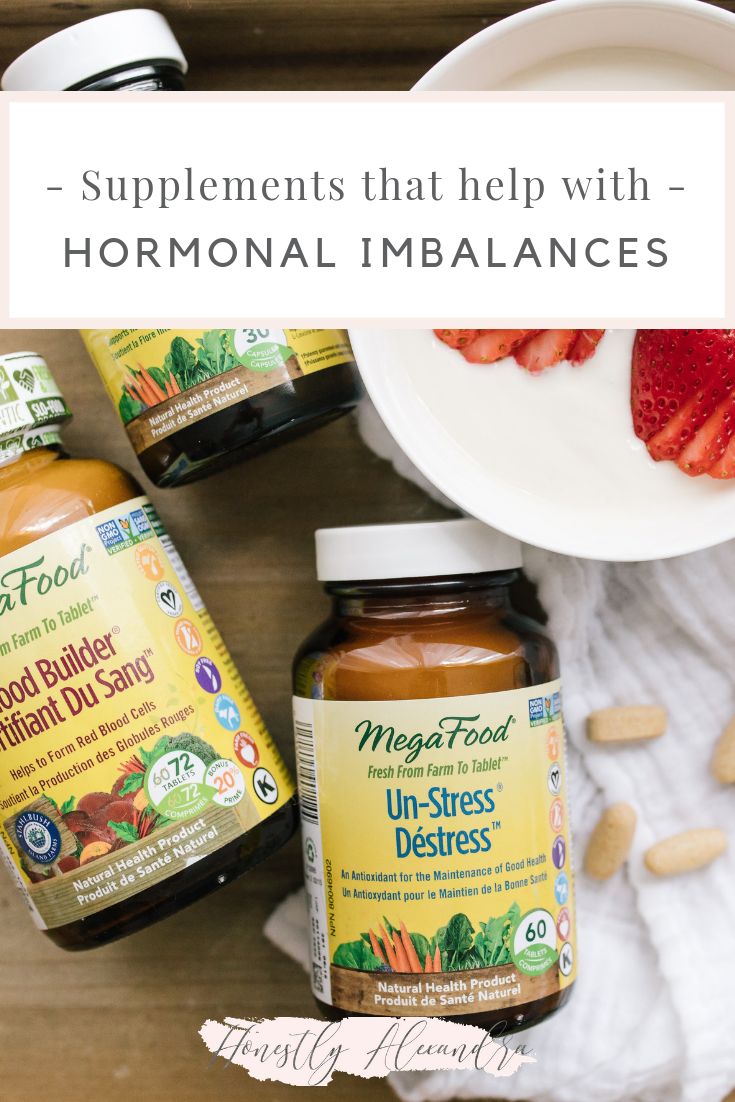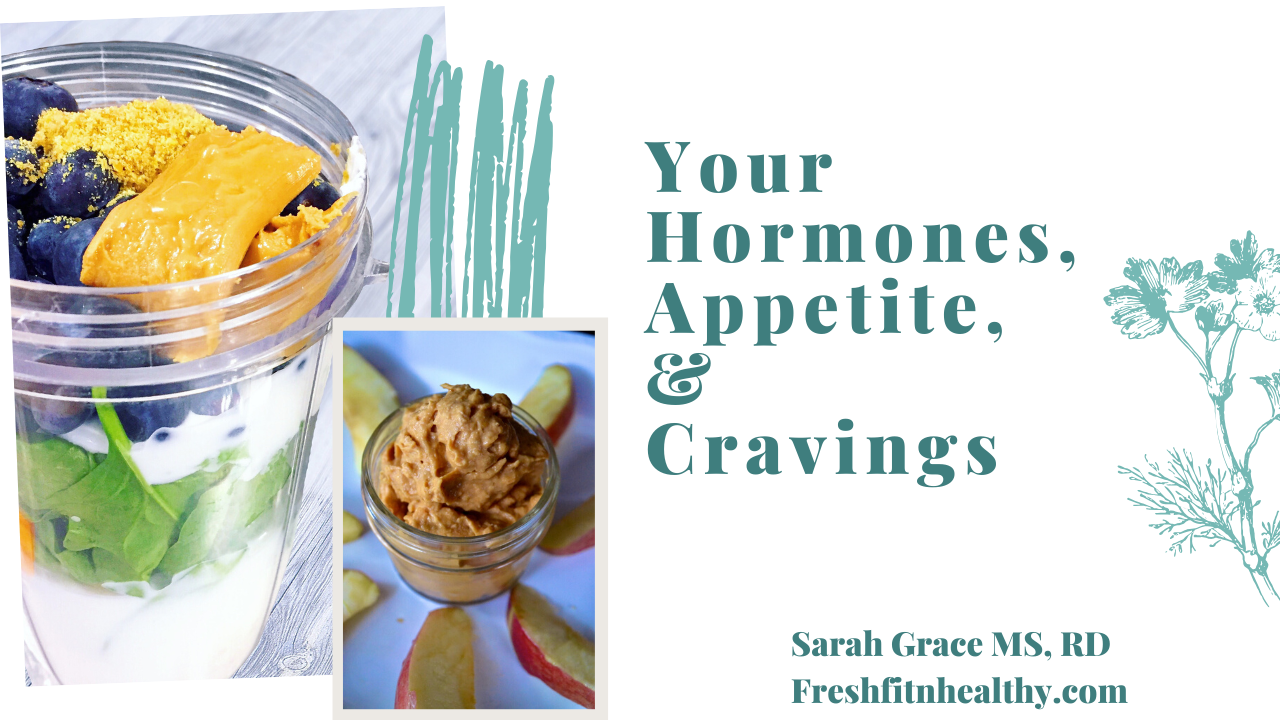**Addressing Hormone Imbalance Through Diet**
Introduction:
Hormone imbalance can have a significant impact on our overall health and well-being. From mood swings and weight gain to fatigue and infertility, hormonal imbalances can disrupt various bodily functions. While there are several factors that contribute to hormonal imbalances, diet plays a crucial role in maintaining hormonal balance. In this article, we will explore the connection between hormones and our diet, and how making dietary changes can help address hormone imbalances effectively.
1. Understanding Hormone Imbalances:
Hormonal imbalances occur when there is an excessive or insufficient production of certain hormones in the body. This can result in a wide range of symptoms and complications, affecting both physical and mental health. Common hormonal imbalances include estrogen dominance, insulin resistance, and thyroid disorders.
2. The Link between Diet and Hormones:
The food we consume has a direct impact on our hormone levels. Certain nutrients and compounds in our diet can help regulate hormonal balance, while others can disrupt it. Therefore, it is essential to choose a healthy and balanced diet to support optimal hormone function.
3. Key Nutrients for Hormonal Balance:
a) Healthy Fats: Consuming sufficient amounts of healthy fats such as omega-3 fatty acids can promote hormone production and balance. Foods like fatty fish, avocados, and nuts are rich in these beneficial fats.
b) Fiber: A diet rich in fiber helps to regulate blood sugar levels and prevent insulin spikes, thus supporting hormonal balance. Whole grains, fruits, and vegetables are excellent sources of dietary fiber.
c) Protein: Adequate protein intake is crucial for hormone synthesis and regulation. Choose lean sources of protein like poultry, fish, and legumes.
d) Vitamins and Minerals: Certain vitamins and minerals, such as vitamin D, vitamin B, zinc, and magnesium, play a vital role in hormonal balance. Including a variety of fruits, vegetables, and whole grains in your diet can help ensure sufficient intake of these essential nutrients.
4. The Impact of Sugar and Processed Foods:
High sugar and processed food consumption can disrupt hormone balance by causing insulin resistance and inflammation. These foods often have low nutritional value and can lead to weight gain and metabolic dysfunction. It is crucial to limit the intake of sugary treats, sodas, and processed snacks to maintain hormonal health.
5. Hormone-Disrupting Foods:
Certain foods and additives can interfere with hormone production and regulation. These include conventionally raised meats, dairy products containing hormones, and processed foods containing artificial hormones and preservatives. Opting for organic, hormone-free, and minimally processed foods can help minimize exposure to these hormone-disrupting compounds.
6. Herbal Supplements and Adaptogens:
Apart from dietary changes, herbal supplements and adaptogens can also be beneficial in addressing hormone imbalances. Supplements like maca root, chasteberry, and ashwagandha have been traditionally used for hormonal balance and can be incorporated into a well-rounded diet.
7. Lifestyle Choices for Hormonal Balance:
In addition to diet, certain lifestyle choices can contribute to hormonal imbalances. Stress management through techniques like meditation and regular exercise can help regulate hormone levels. Adequate sleep and limiting exposure to environmental toxins also play a crucial role in maintaining hormonal health.
Conclusion:
Hormone imbalances can have a significant impact on our overall well-being. By adopting a diet that supports hormonal balance and making appropriate lifestyle choices, we can effectively address hormone imbalances and restore optimal health. Remember, it’s always essential to consult with a healthcare professional before making any drastic dietary or lifestyle changes.
**FAQs:**
1. What are the common symptoms of hormone imbalance?
Common symptoms of hormone imbalance include mood swings, weight gain, fatigue, irregular menstrual cycles, acne, and hair loss.
2. Can hormone imbalances be treated solely through dietary changes?
While dietary changes can play a significant role in addressing hormonal imbalances, it is important to seek professional advice for a comprehensive treatment plan.
3. Are there specific foods that can help balance hormones naturally?
Yes, certain foods like fatty fish, avocados, leafy greens, and whole grains can support hormonal balance due to their nutrient content.
4. Should I avoid all processed foods to maintain hormonal health?
It is advisable to limit processed food consumption and opt for whole, minimally processed alternatives to support hormonal health.
5. Can stress affect hormone levels?
Yes, chronic stress can disrupt hormonal balance and contribute to various imbalances. It is crucial to implement stress-reducing techniques in daily life.
Remember, taking a holistic approach to hormonal balance is essential, and it’s always best to consult with a healthcare practitioner for personalized advice.
Gallery
Nutritional Supplements Can Help With Hormonal Imbalances. Do You Know

Photo Credit by: bing.com / nutrition
Getting To The Root Of Cravings! [BIO Podcast: Ep. 290 | Balance

Photo Credit by: bing.com / kimberlysnyder
Addressing Hormone Imbalance Through Diet – Dr. Jolene Brighten

Photo Credit by: bing.com / imbalance hormone hormones drbrighten
Rachel Schultz | Recipe | Sun Dried Tomato, Clean Eating Dinner, Beef

Photo Credit by: bing.com /
Your Hormones, Appetite, & Cravings – Fresh Fit N Healthy

Photo Credit by: bing.com /







